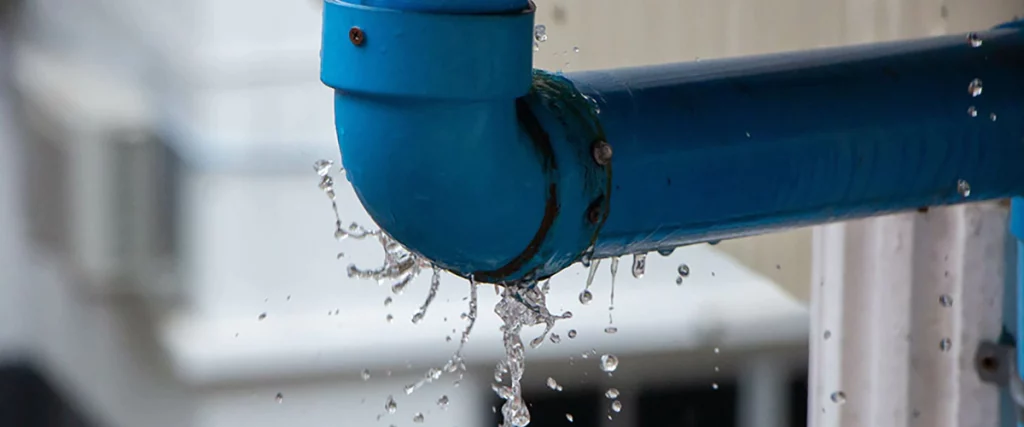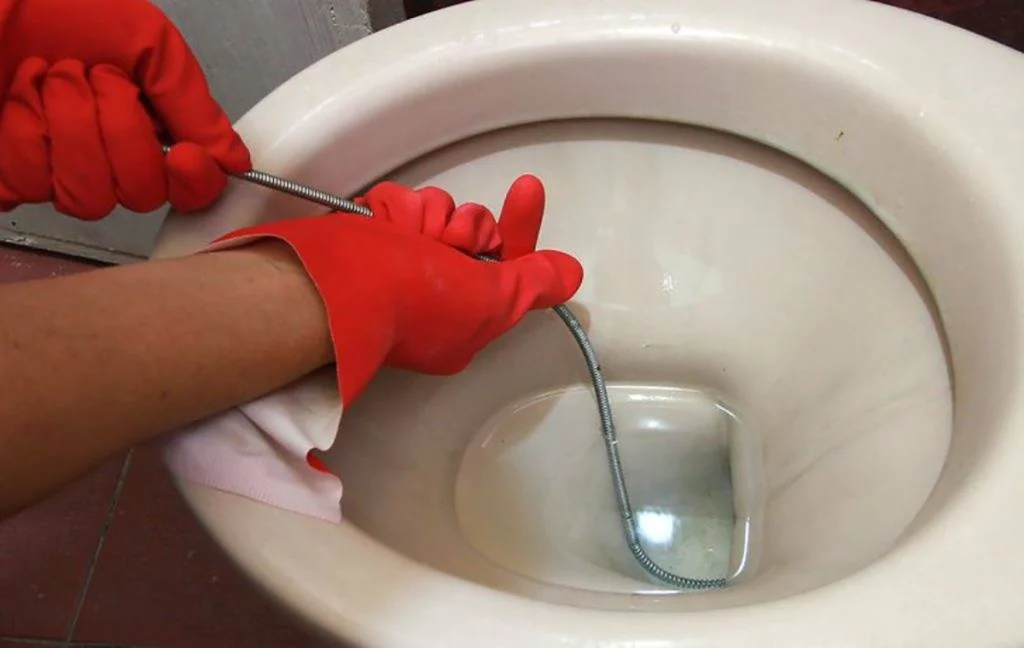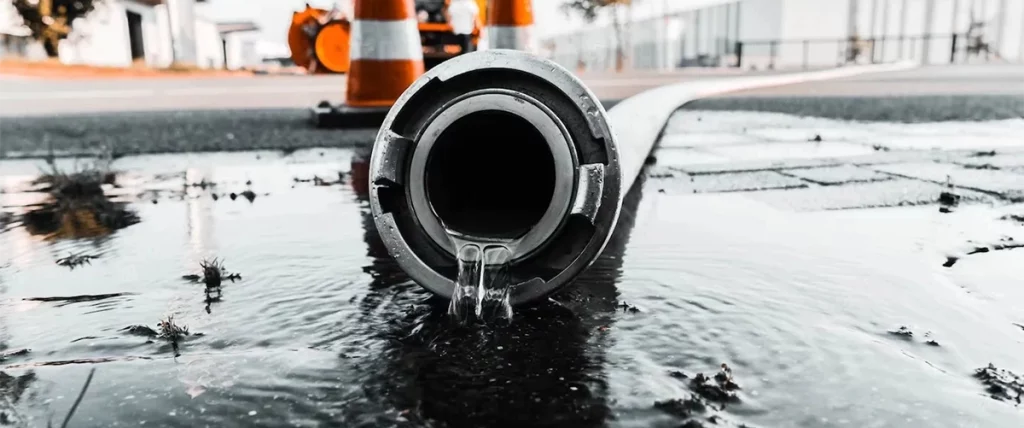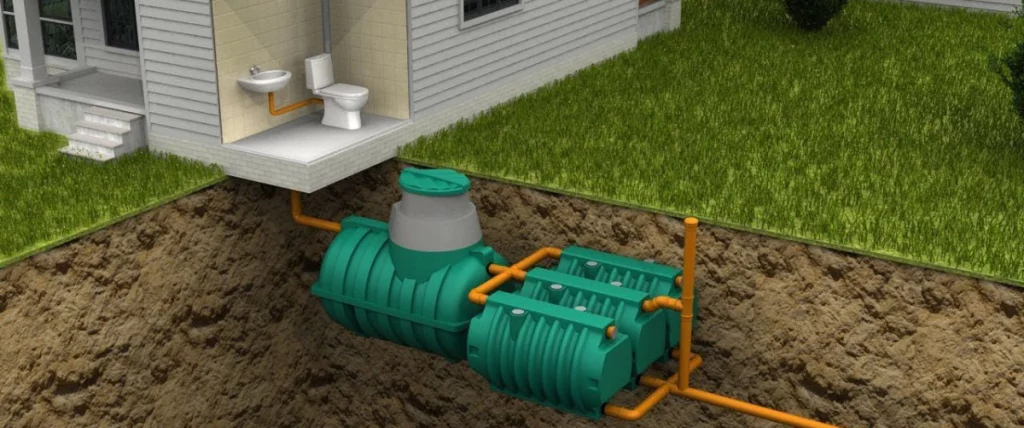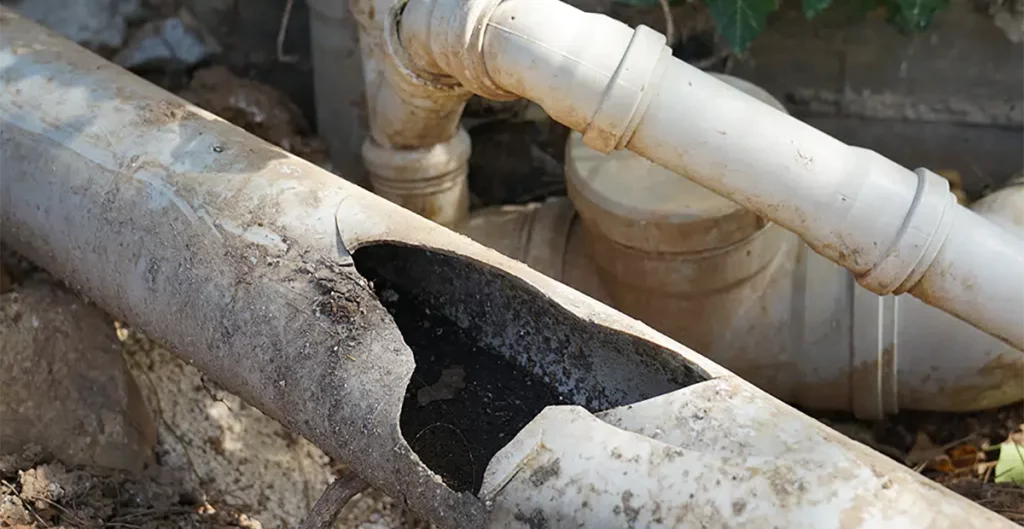A clogged toilet pipe can be a homeowner’s worst nightmare, leading to messy overflows, potential water damage, and costly repairs. While toilets are designed to handle human waste and toilet paper, many other household items can cause significant blockages when flushed. Here’s a closer look at common culprits and tips for preventing such issues.
Contents
Things That Can Clog Toilet Pipes
While the list of items that can clog your toilet is extensive, some are more notorious than others. They can accumulate over time, obstructing the flow of water and waste, leading to unpleasant blockages.
Common Culprits of Clogged Toilet Pipes
Clogged toilet pipes can be caused by a variety of common culprits. Here are some of the most frequent reasons for toilet pipe clogs:
- Excessive Toilet Paper: Using too much toilet paper at once can overwhelm the toilet’s drainage capacity and lead to a clog.
- Non-Flushable Items: Flushing non-flushable items such as wet wipes (even if labelled as “flushable”), facial tissues, paper towels, and cotton balls can cause blockages in toilet pipes.
- Feminine Hygiene Products: Tampons, sanitary pads, and other feminine hygiene products should never be flushed down the toilet. They can expand and block the pipes.
- Hair: Hair can accumulate in the drain over time, especially if there is a lot of shedding during showers or while using the bathroom.
- Foreign Objects: Accidentally dropping items like jewellery, small toys, or other objects into the toilet can obstruct the pipes.
To prevent clogs, it’s crucial to use the toilet only for its intended purpose and dispose of waste and non-biodegradable items in the trash. Regular maintenance, such as cleaning and inspecting your toilet and plumbing system, can also help prevent clogs and costly repairs.
Hair and Hygiene Products
Hair and hygiene products can contribute to clogs in drains and pipes, including those in the bathroom. Here’s how they can be problematic:

Hair:
- Shedding: When you shower or wash your hair over the sink, loose hair can go down the drain. Over time, this hair can accumulate and create blockages in pipes.
- Tangles: Hair can easily tangle with other debris in the pipes, forming clumps that obstruct water flow.
- Buildup: As hair combines with soap scum and other substances in the drain, it can create a sticky, solid mass that restricts water flow.
Hygiene Products:
- Tampons: Tampons are designed to absorb and expand when they come into contact with moisture. When flushed down the toilet, they can become lodged in the pipes and lead to blockages.
- Sanitary Pads: Like tampons, sanitary pads should not be flushed because they don’t disintegrate easily, and their absorbent materials can expand in water.
- Wet Wipes: Even if labelled as “flushable,” wet wipes don’t break down as readily as toilet paper. Flushing them can lead to clogs in both toilet pipes and sewer systems.
- Cotton Balls and Swabs: These items do not disintegrate well in water, and they can become caught in the pipes, contributing to blockages.
To prevent clogs caused by hair and hygiene products, consider the following tips:
Use a hair catcher or strainer in your shower or sink drains to trap loose hair before it goes down the pipes.
Dispose of hygiene products like tampons, sanitary pads, wet wipes, cotton balls, and cotton swabs in a trash bin rather than flushing them.
Regularly clean your drain stoppers and traps to remove accumulated hair and debris.
If you notice slow drainage, address it promptly to prevent larger clogs from forming.
Proactive maintenance and responsible disposal can help keep your pipes clear of clogs caused by hair and hygiene products.
Paper Towels and Flushable Wipes
Paper towels and flushable wipes are two items that are often mistaken for being safe to flush down the toilet. However, they can pose problems for your plumbing and the sewer system:
- Paper Towels:
- Durability: Paper towels are designed to be more durable and absorbent than toilet paper, which means they do not break down as easily in water.
- Absorbency: Paper towels can quickly absorb water and expand in size when flushed, potentially causing blockages in pipes and sewer lines.
- Fibre Composition: The fibres used in paper towels are not designed to disintegrate as rapidly as toilet paper, making them unsuitable for flushing.
- Flushable Wipes:
- Labelling Misconception: “Flushable” wipes are often labelled as such, but many of them do not disintegrate as readily as toilet paper. This can lead to clogs in both home plumbing and municipal sewer systems.
- Non-uniformity: The disintegration rate of flushable wipes can vary widely between brands and types, and some may still pose a risk of causing clogs.
To avoid plumbing issues and protect your local sewer system, it’s generally best to avoid flushing both paper towels and flushable wipes down the toilet. Instead, dispose of them in a waste bin. If you prefer using wet wipes for personal hygiene, consider switching to a brand specifically designed to disintegrate more easily, but it’s still advisable to dispose of them in the trash to be safe. Proper disposal of these items can help prevent costly plumbing repairs and sewage system blockages.
Children’s Toys and Small Objects
Why they’re a problem: Children are often curious and may flush small toys or objects, which can get stuck in the pipes.
Solution: Educate children about toilet usage and keep small objects out of their reach.
Cooking Grease and Oils
Why they’re a problem: While not commonly flushed down toilets, if they are, they can solidify and stick to the pipe walls, obstructing water flow.
Solution: Always dispose of grease and oils in a container in the trash.

Dental Floss and Cotton Swabs
Why they’re a problem: Dental floss can entangle with other debris, while cotton swabs can get lodged in pipes.
Solution: Use a waste bin for these items, never the toilet.
Feminine Hygiene Products
Why they’re a problem: These products are designed to be absorbent and can expand, causing blockages.
Solution: Always use the provided disposal bags and trash bins in restrooms.
Toilet Paper Usage Can Clog a Main Sewer Line
While toilet paper is designed to break down easily in water, excessive use of toilet paper can contribute to clogs in the main sewer line. Here’s how it can happen:
- Excessive Usage: Using an excessive amount of toilet paper in a single flush can overwhelm the plumbing system’s capacity to process the paper and water effectively.
- Slow Dissolution: While toilet paper is designed to disintegrate quickly, it may not break down fast enough when an excessive amount is used, especially if your plumbing system has any pre-existing issues.
- Combined with Other Debris: Toilet paper can combine with other debris in the sewer line, such as hair, grease, and foreign objects, creating larger clogs that obstruct the main sewer line.
- Ageing Infrastructure: Older sewer systems may have pipes with a reduced diameter due to years of mineral deposits, erosion, or damage. In such cases, toilet paper, even in normal amounts, may exacerbate clogging.
To prevent toilet paper usage from clogging the main sewer line, consider the following tips:
- Use an appropriate and reasonable amount of toilet paper with each flush.
- Avoid using excessive layers of toilet paper.
- Dispose of non-flushable items, like wet wipes, tissues, and hygiene products, in the trash rather than flushing them.
- Regularly maintain your plumbing system to address any pre existing issues that might contribute to clogs.
If you notice slow drainage, gurgling sounds, or recurrent clogs in multiple drains in your home, it’s essential to have a professional plumber inspect your main sewer line to diagnose and address any potential issues. Timely maintenance can help prevent more severe and costly sewer line blockages.
Preventing Toilet Pipe Clogs
Preventing toilet pipe clogs is essential to maintain your plumbing system’s efficiency and avoid costly repairs. Here are some tips to help you prevent clogs in toilet pipes:
Use Toilet Paper Responsibly: Use an appropriate and reasonable amount of toilet paper with each flush. Avoid using excessive layers of toilet paper.

Dispose of Non-Flushable Items Properly: Never flush non-flushable items like wet wipes, tissues, cotton balls, sanitary products, and dental floss. Dispose of them in the trash.
Regular Maintenance: Inspect your plumbing system for any leaks or slow drainage, and address issues promptly.
Consider periodic professional plumbing inspections to catch potential problems before they become major clogs.
Install a Hair Catcher or Strainer: Use a hair catcher or strainer in your shower or sink drains to trap loose hair before it goes down the pipes.
Dispose of Cooking Grease Properly: Never pour cooking grease or oil down the toilet or sink. Dispose of them in a designated container or allow them to solidify, then throw them away.
Educate Household Members: Ensure everyone in your household is aware of what can and cannot be flushed down the toilet and the importance of responsible flushing.
Check Water Pressure: Ensure that the water pressure in your plumbing system is within the recommended range. High water pressure can contribute to clogs.
Upgrade to Low-Flow Toilets: Consider replacing older toilets with low-flow or dual-flush models, which use less water per flush and are less prone to clogging.
Avoid Tree Planting Near Sewer Lines: If you have control over landscaping, avoid planting trees near sewer lines to prevent tree roots from infiltrating and damaging pipes.
Educate Guests:
- If you have guests, make sure they are aware of your plumbing rules and guidelines to prevent them from accidentally causing clogs.
- By following these preventive measures and practising responsible flushing habits, you can significantly reduce the risk of toilet pipe clogs and keep your plumbing system functioning smoothly.
In conclusion, while toilets are essential fixtures in our homes, they’re not designed to dispose of many household items. Being proactive and educating household members can prevent unpleasant plumbing issues and ensure the longevity of your home’s plumbing system.
FAQ about household items that can clog toilet pipes
To prevent toilet pipes from clogging, avoid flushing non-flushable items like wipes, sanitary products, and paper towels. Use toilet paper sparingly, and maintain a regular cleaning schedule to prevent buildup.
If your toilet pipe is clogged, start by using a plunger to try and clear the blockage. If that doesn’t work, consider using a toilet auger or calling a plumber for professional assistance.
Yes, you can use toilet-specific chemical drain cleaners, but use them cautiously, following the manufacturer’s instructions. Be aware that repeated use of chemicals may damage pipes and should be a last resort. Plunging or mechanical methods are often safer and more effective.




